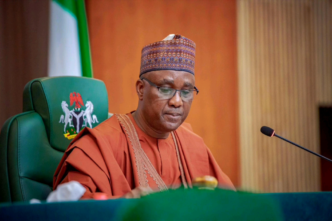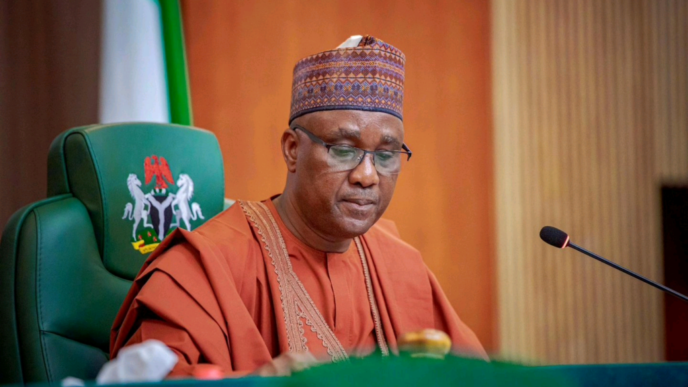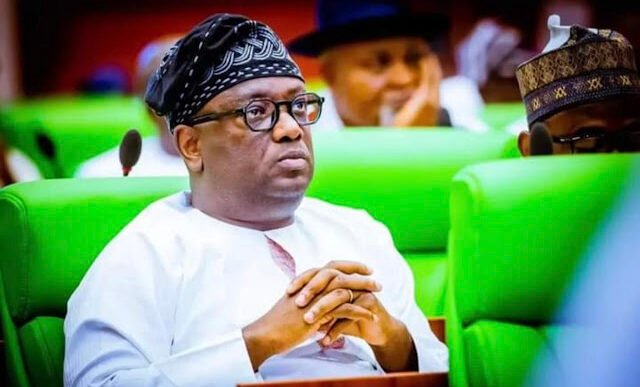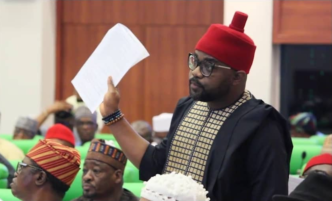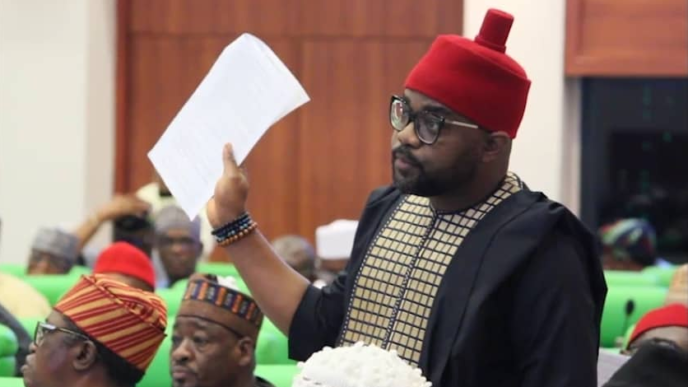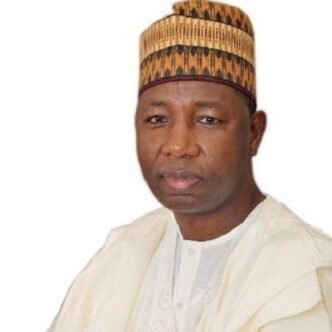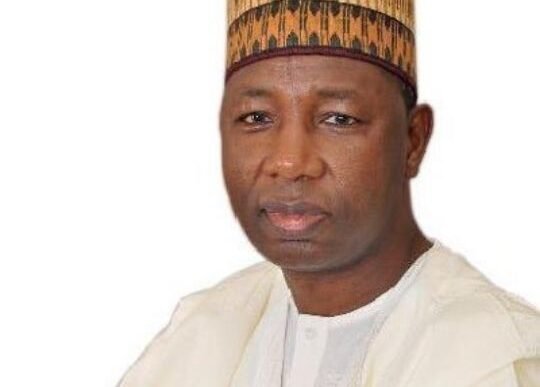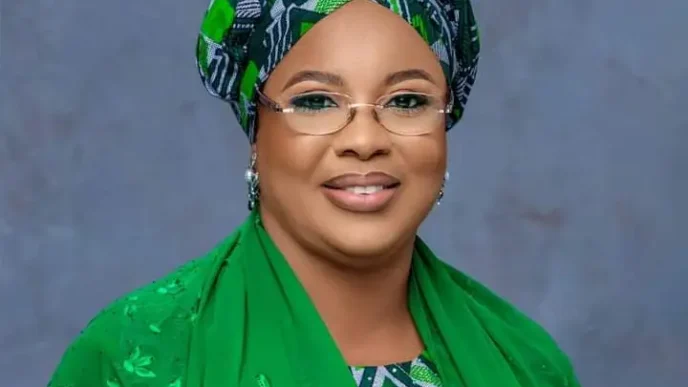HB. 33 – A BILL FOR AN ACT TO ALTER THE CONSTITUTION OF THE FEDERAL REPUBLIC OF NIGERIA, LAWS OF THE FEDERATION CAP C23, 2004, TO CONFER THE POWER OF PROCLAMATION OF A NEW ASSEMBLY TO THE CLERK OF THE NATIONAL ASSEMBLY OR HOUSE OF ASSEMBLY, AS THE CASE MAY BE, RATHER THAN THE EXECUTIVE; AND FOR RELATED MATTERS. Bill Sponsor: Hon. Francis Ejiroghene Waive. Bill Stage: Committee Stage
This Bill seeks to alter Sections 64 and 105 of the Constitution to empower the Clerk of the National Assembly or the House of Assembly, as the case may be to proclaim a new assembly, rather than the President or Governor carrying out such power/duty. The Bill aims to reinforce the independence of the legislature by ensuring that the process of summoning a new Assembly is in the hands of legislative officers rather than the Executive.
A significant legislative change is on the horizon in Nigeria with the introduction of Bill HB. 33, which seeks to amend the Constitution of the Federal Republic of Nigeria, CAP C23, 2004. The primary aim of this bill is to shift the authority to proclaim a new Assembly—be it the National Assembly or a House of Assembly at the state level—from the Executive branch to the Clerk of the respective legislative body.
Under the current framework, the Executive branch plays a crucial role in the formal inauguration of new legislative sessions. Bill HB. 33 proposes to eliminate this involvement, transferring the responsibility to the Clerk, who serves as the administrative head of the National Assembly or House of Assembly. Proponents of the bill argue that this significant change could bolster the independence of the legislative arm from executive influence, fostering a more balanced relationship between the two branches of government.
Advocates for the bill believe that granting this power to the Clerk would enhance the procedural integrity of legislative processes and reinforce the principle of separation of powers. By removing the Executive’s authority to proclaim new sessions, the bill could lead to a more autonomous and powerful legislature, better equipped to fulfill its role in governance.
Opinions on the bill are likely to spark robust discussions among various stakeholders, including lawmakers, legal experts, and the general public. Supporters contend that this amendment is a step toward strengthening democratic governance in Nigeria, while critics may raise concerns about the implications of such a shift on existing power dynamics within the government.
As Nigeria continues to navigate its political landscape, the introduction of Bill HB. 33 marks a notable attempt to redefine the balance of power between the branches of government. If passed, this legislative change could set a precedent for future reforms aimed at enhancing the functionality and independence of the nation’s legislative bodies. The coming weeks will reveal how this proposed amendment is received within the corridors of power and the broader Nigerian society.


